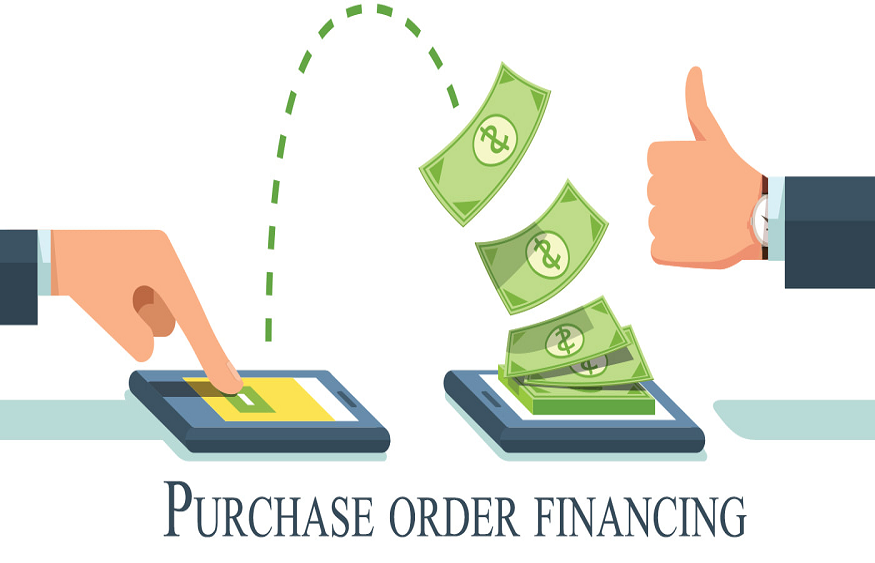Selling a business is a legal transaction consisting of transferring a set of elements called tangible assets and intangible assets.
Dedicated to the operation of a commercial activity, these often indivisible elements partly constitute the value of the business .
The sale of a business has various advantages and disadvantages for the seller and the buyer.
Note: the definitions of all the business jargon words present in our article are accessible from our commercial glossary
When the time comes to sell a business or an enterprise, the first question to ask yourself is: in what form should the business be sold?
It is recommended to call on advice for the sale of the business finance the purchase , who will work in complementarity to define a tailor-made transfer method according to your needs and taking into account the reality of the market.
The main players in the sale are:
Legal advice specialized in taxation (the intervention of the notary is obligatory in the event of the sale of commercial premises )
An intermediation professional
It is fundamental to clearly define the scope and nature of the sale before putting the business on the market and engaging in discussions with a buyer, because wanting to change strategy during the sale often causes the cessation of sales. negotiations.
In addition to the sale of lease rights or company securities , the sale of business remains the most common form.
WHAT IS A GOODWILL MADE UP OF?
Elements that can be described as “palpable”, called tangible assets: installation, fittings, furniture, tools and operating equipment
Elements that can be described as “intangible”, called intangible assets: customer base, lease rights, brand and commercial name, operating licenses, patents and trademarks linked to the fund.
Very schematically, a sale of business amounts to substituting the buyer for the existing operator in an active business sold turnkey and not changing anything else.
WHAT ARE THE ADVANTAGES OF SELLING THE BUSINESS FOR THE SELLER?
First of all, the buyer’s formalization of his desire to acquire the business initially involves signing a purchase offer .
Unlike a letter of intent , used for company securities), the firm purchase offer constitutes a preliminary contract when it is signed by both parties and formally commits them to carrying out the sale transaction of the goodwill .
Then, the list of documents that the transferor must provide to the buyer and his advice is less extensive in the context of a transfer of funds.
In terms of the transfer of company securities, this list called due diligence is substantial, with a view to analyzing all facets of the company during an extensive audit.
On a strategic level, the sale of the business does not include the takeover of the legal structure, the transferor can thus keep this for its future projects.
He thus retains his cash flow, which he can reallocate to another operation if he creates or takes over another business, without incurring the taxation of a dividend distribution.
By retaining its structure (company), it saves the costs and time involved in setting up a new structure.
Indeed, the fashion of transfer in the form of company securities being used more to transfer a business, which often involves a higher level of technicality, this induces a need to stay longer alongside the acquirer to ensure a successful takeover. .
Another important point: the buyer undertakes, when signing the sales agreement and the final deed, to acquire the equipment and premises as he has seen and verified them.
You should know that many new potential buyers categorically exclude the takeover of company shares, assimilating them (rightly or wrongly, that is not the question) to the following equation: takeover of securities = takeover of debts. + risks.
Those who will never want to hear about takeovers of company shares, which de facto excludes them from the field of potential buyers
Those who will argue that the method of transfer benefits the seller fiscally, and that the price must therefore take this into account and be revalued downwards
Favoring the sale of business assets to the detriment of the sale of company shares thus significantly broadens the number of takeover candidates and offers the probability of a better sale price.
Asking the right questions to a potential buyer during an interview also allows you to identify their reluctance and provide answers to them, in order to reassure them, while allowing the transferor to verify the solidity of their interlocutor and their project.
Furthermore, the tax on capital gains is in most cases significantly more favorable to the transferor if he transfers the securities of his company, rather than his business, in particular because of the reductions for holding period , going up to 85% for securities held for at least 8 years thanks to the enhanced holding period reduction system.
In a transfer of company shares, this obligation only applies in the case where the lease expressly provides (which is still quite rare) the approval of the lessor in the event of a change of shareholder of the company tenant of the premises. ‘activity.

